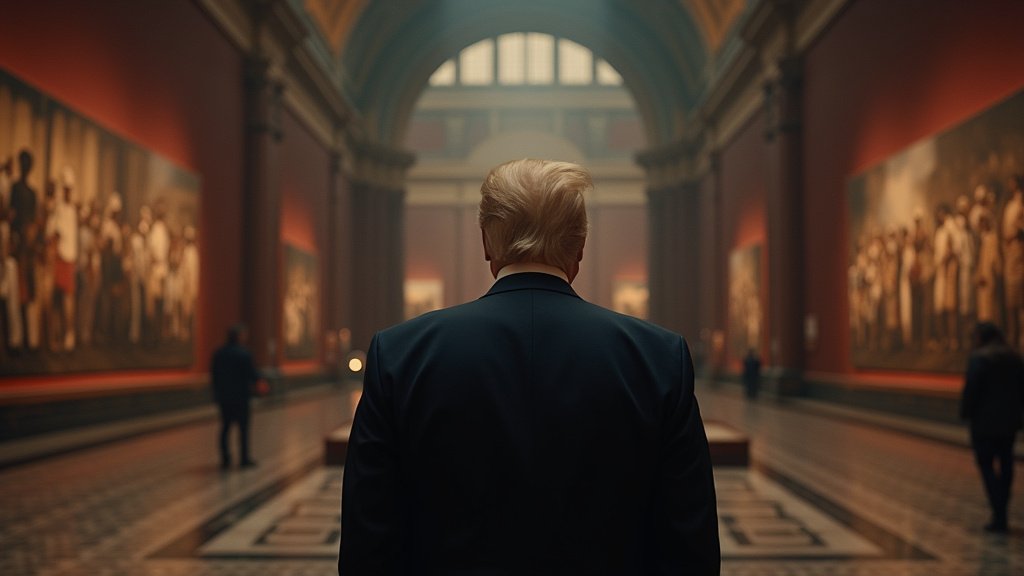NEW YORK – Zohran Mamdani’s unexpected victory in the recent New York City mayoral primary has rapidly escalated a simmering national discussion regarding the very nature and future of the American establishment. Published on July 7, 2025, this development is seen by many analysts as more than just a local political upset; it represents a potential moment of reckoning for the Democratic Party and signals significant shifts across cultural, ideological, and political landscapes within the United States.
Cultural Crossroads: Melting Pot or Salad Bowl?
A central theme emerging from Mamdani’s success revolves around the enduring tension between competing visions of American identity. For decades, the nation has grappled with whether it functions as a “cultural melting pot,” where diverse cultures assimilate into a single, dominant identity, or a “cultural salad bowl,” where distinct cultural identities are maintained and celebrated alongside each other. Mamdani’s background and public persona place him firmly in the latter paradigm. An immigrant of South Asian descent who spent formative years in Africa and identifies openly as Muslim, Mamdani has not only embraced his multifaceted identity but has also leveraged it as a strength in his campaign. His win challenges traditional notions of assimilation and highlights the growing assertiveness of minority cultures within the political mainstream.
Ideological Currents Reshaping Urban Politics
Beyond culture, Mamdani’s victory underscores a palpable ideological shift, particularly among young, urban New York voters. This demographic has shown increasing openness to immigrants and is actively seeking alternative political and economic systems to address pressing issues like the escalating cost of living and the need for affordable housing. Their support for Mamdani suggests a growing disillusionment with conventional approaches and a willingness to back candidates proposing more fundamental changes.
Mamdani himself is described as a committed democratic socialist. His core ideas, focused on achieving egalitarian access to public resources and ensuring dignity for the working class, stand in contrast to prevailing economic philosophies. These proposals, which advocate for significant public investment and potentially higher taxes on wealth and corporations, are often viewed with deep suspicion by establishment figures across both the Republican and Democratic parties. These figures, the analysis suggests, have largely internalized the principles of neoliberal capitalism, a framework that prioritizes free markets, deregulation, and privatization, often clashing with socialist tenets.
Challenging Neoliberalism and Economic Fears
The economic implications of Mamdani’s platform have been a point of contention. While some critics express concern that his proposed tax policies might drive wealthy individuals and even billionaires away from New York City, proponents argue this fear is overstated or misdirected. The article clarifies that Mamdani’s vision is not primarily focused on punitive wealth redistribution for its own sake, but rather stems from a different foundational view on culture, ideology, and politics in the United States. His economic proposals are means to achieve broader goals of social equity and public well-being, rather than an end in themselves.
Mamdani’s ascendancy to a prominent position within New York City politics signals a broader trend: a growing demand for leaders who reflect the nation’s diverse cultural fabric and are willing to challenge long-held ideological assumptions. His win has forced a re-examination of who holds power, whose voices are prioritized, and what policies are considered within the realm of possibility. As debates continue regarding the future direction of urban governance and the Democratic Party’s identity, Mamdani’s trajectory will likely serve as a crucial case study in the evolving battle against the American establishment.










